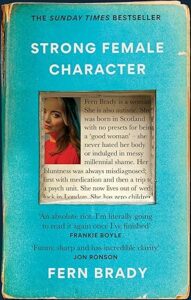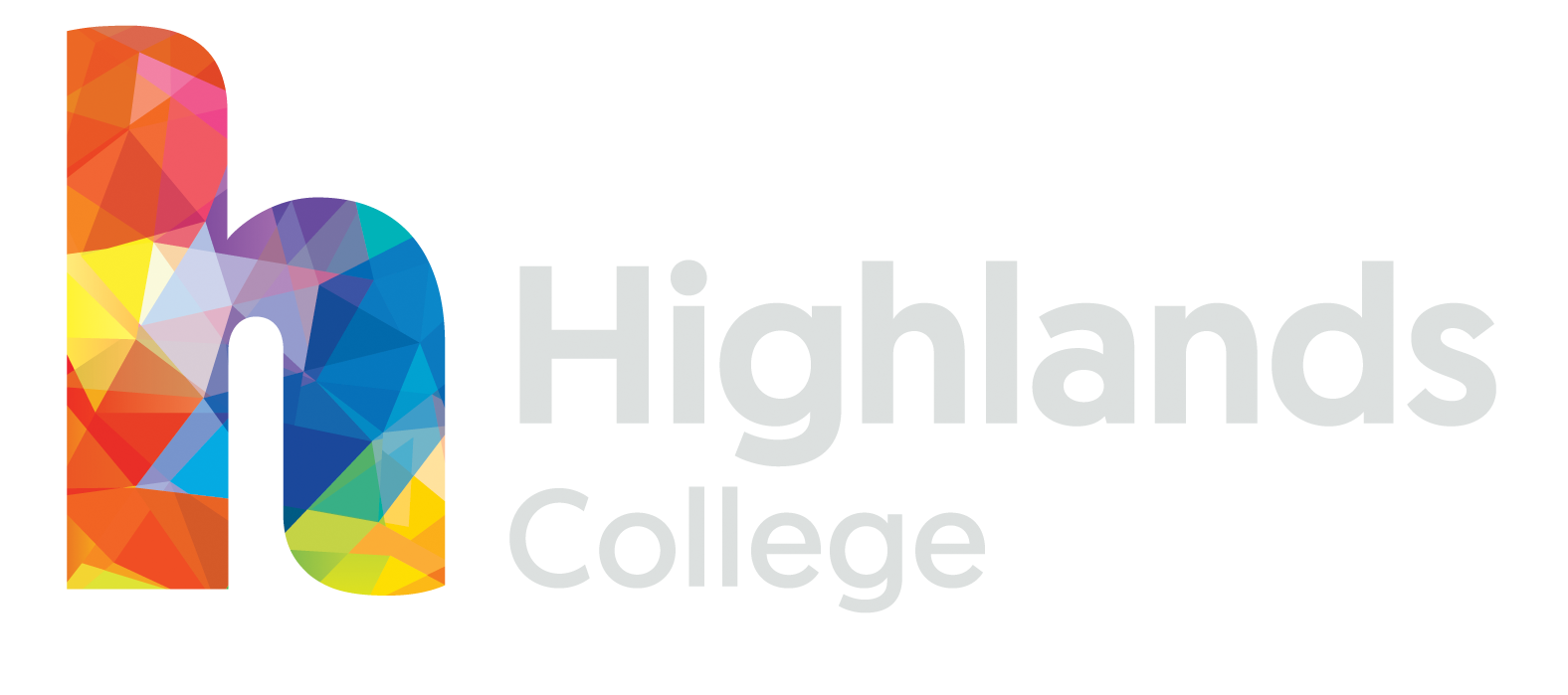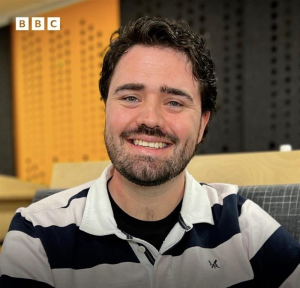Learning Support Update
For the month of April, learning support are sharing stories, resources and opportunities for students and staff to refresh their knowledge on Autism.
National Autistic Society
Max’s rocky start to education is no exception and as a Young Ambassador and campaigner for the charity, he knows others still face the same issues he did ten years ago.
Max’s story
.

Max was kicked out of preschool, having meltdowns because of the overwhelming sensory environment. At primary school, he fell into the cycle of turning up to school at 9am, having a meltdown, being restrained, seclusion, then kicked off-site with a three-day exclusion by 11am. Only to return three days later and do it all again.
“I was about nine when I got my diagnosis. This bit of paper opened so many doors for me. I finally got support. I went to a Pupil Referral Unit, where the staff understood me. I started to learn”. With support at a specialist school, Max went onto mainstream school and studied Education at university.
“I often reflect on my experience in school; both the good, and the bad. It’s so important there is widespread understanding in schools, rather than a single person responsible for all autism support. This can only be done if all staff get training and professional development. It could make such a difference. We have to break the cycle”.
Opportunities
Friday 26 April in aid of Autism Acceptance
Kicking off with a bit of fun over in Hair and Beauty in the morning, both staff and students welcome….
If hair isn’t your thing, still pop over for a cookie… Donations welcomed, don’t forget your pennies
.
Lunch and Learn for Highlands staff
12.15 in TU108 (30 spaces available, please nominate someone from your team) invites to follow – Guest speaker James Montgomery, a previous student working in the finance sector sharing his diagnosis experience
.
Resources
Book recommendation, Fern Brady – Strong Female Character
‘This is a book about how being a woman gets in the way of people’s expectation of what autism should look like and, equally, how being autistic gets in the way of people’s expectations of what a woman should look like.’


